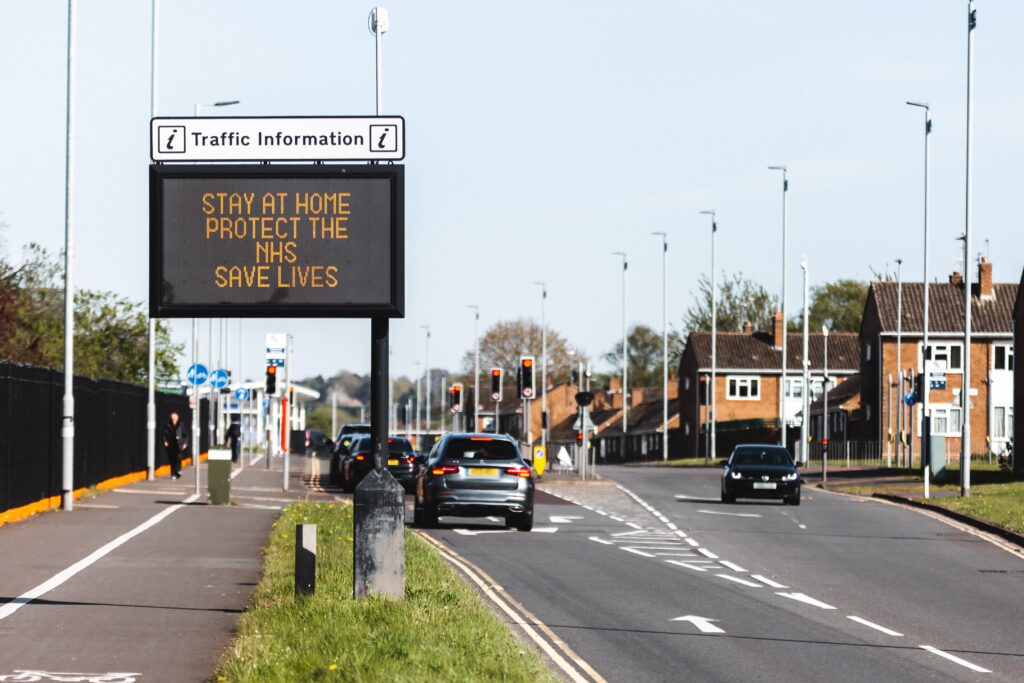Measures to respond to the COVID-19 pandemic are probably the most significant disruption to lifestyles in living memory. And while the pandemic has impacted lives and livelihoods globally, it has also created an unprecedented and perhaps unique ‘moment of change’ during which many climate-relevant behaviours have been upended almost overnight.

In our previous survey conducted in late May 2020 (during the UK’s first lockdown period) we found that lockdown had reduced carbon footprints, for example through people buying and travelling much less, saving energy and water, cutting food waste, and engaging in more creative hobbies. We also found climate change concern, which had risen sharply in 2019, had not been dented by COVID-19; and that support for climate action had actually increased since 2019.
In late October 2020, we followed up with a representative UK sample of the public to see whether these changes were maintained once COVID restrictions has been relaxed. As we show in our latest briefing paper, although consumption and food waste has increased somewhat since May, few people went on holiday this year. Furthermore, home working has only slightly reduced since May, while online grocery shopping levels remained high.
We also found that climate change concern remains almost as high as concern about COVID-19, and that there is even stronger support for measures to tackle climate change (e.g., reducing meat consumption and flying) than earlier this year. Support for many climate policies are even higher than support for COVID-19 restrictions. What’s more, the same proportion (74%) now as in May agree addressing climate change requires an extremely high or high level of urgency – up from 62% in August 2019.
So, while some of the earlier lockdown habits that served to cut people’s carbon footprints (e.g., reduced consumption) have not endured, others have – notably working from home and shopping online. Many also want to continue doing more virtually than they used to and to travel less. It remains to be seen whether these intentions translate into durable behaviour change once COVID-19 restrictions are completely removed in 2021, and we will follow up with a third survey in spring/summer 2021 to examine this.
As we discussed in our previous briefing paper, various policy measures are required to enable and encourage low-carbon habits to be maintained. Still, the very strong, and growing, support for ambitious climate change measures is encouraging for embedding these nascent low-carbon habits for the long-term, but also changing lifestyles more broadly to ultimately help achieve the UK’s net zero target.
Written by Professor Lorraine Whitmarsh


